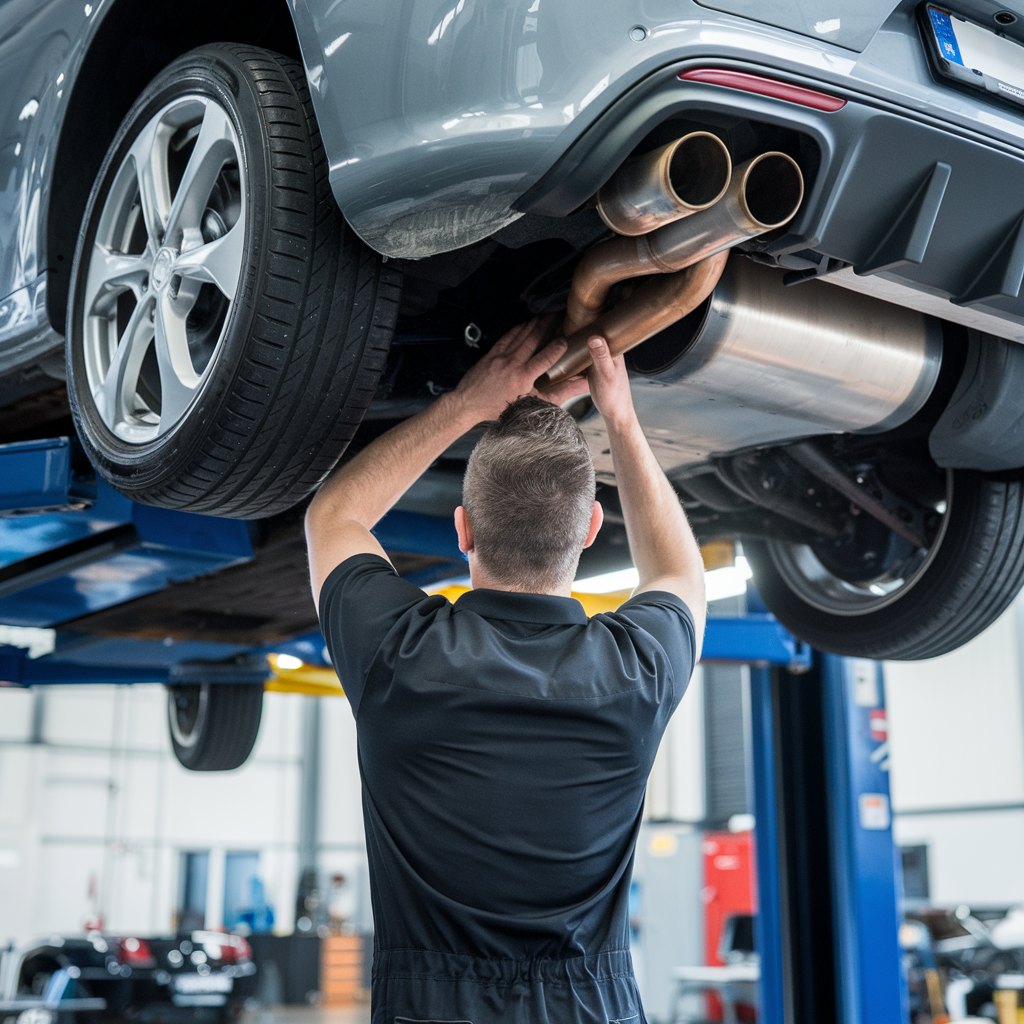When it comes to vehicle maintenance, passing a smog check is a crucial step in ensuring your car complies with emissions standards. This test not only protects the environment but also keeps your car running efficiently. By preparing properly and addressing common issues, you can confidently pass your smog check without stress. Below are practical tips to guide you through the process.
Understand What a Smog Check Involves
A smog check assesses your vehicle’s emissions system to ensure it meets state requirements for air quality. The test typically evaluates components like the exhaust system, catalytic converter, and onboard diagnostic system. Before the test, familiarize yourself with the specific requirements in your area, as these can vary depending on local laws. Understanding the process helps you address potential problems beforehand, making it less likely for your vehicle to fail.
Keep Up With Regular Vehicle Maintenance
Routine maintenance is essential to ensure your car operates efficiently and passes the smog check. Start by checking your engine oil, as dirty oil can increase emissions. Replace your air filter to prevent your car from struggling to maintain proper air-fuel ratios. Ensure your spark plugs and ignition system are functioning properly to avoid misfires, which can lead to excessive emissions. Addressing these small details before your smog check can save you time and money by preventing a failed test.
Drive Your Car Before the Test to Warm It Up
One common reason vehicles fail a smog check is that their engines aren’t properly warmed up. A cold engine often produces more emissions, which could lead to a failed test. Drive your car for at least 15-20 minutes before the smog check to ensure it reaches its optimal operating temperature. This allows the catalytic converter to function effectively, reducing harmful emissions and increasing your chances of passing the test.
Fix Any Check Engine Light Issues
If your check engine light is on, your car is almost guaranteed to fail the smog check. The light usually indicates a problem with the emissions system, such as a faulty sensor or exhaust leak. Use a diagnostic tool or visit a mechanic to identify and resolve the issue before scheduling your test. Additionally, after fixing the problem, drive your car for a few days to ensure the onboard diagnostic system resets and accurately reflects the repair.
By following these tips, you can approach your smog check with confidence, knowing your vehicle is prepared to meet emissions standards. Proactive maintenance and understanding the process are the keys to ensuring a smooth and successful test.
Read More:

